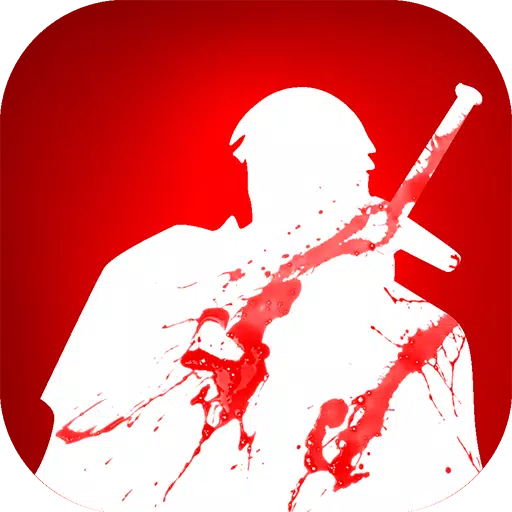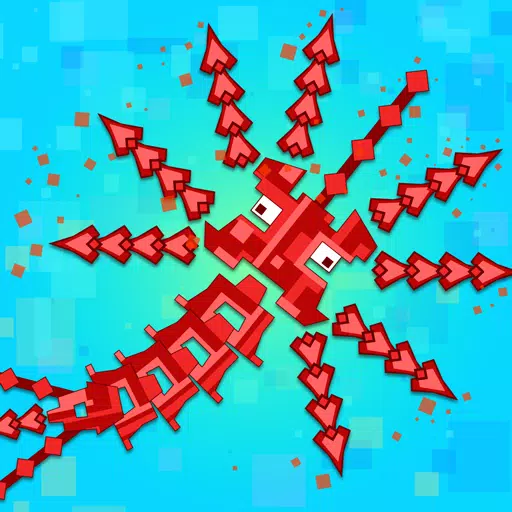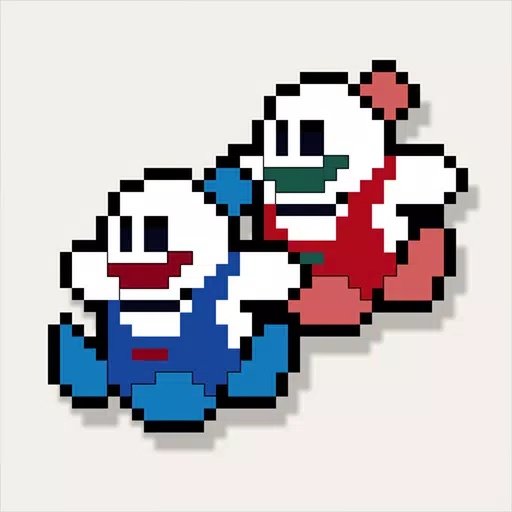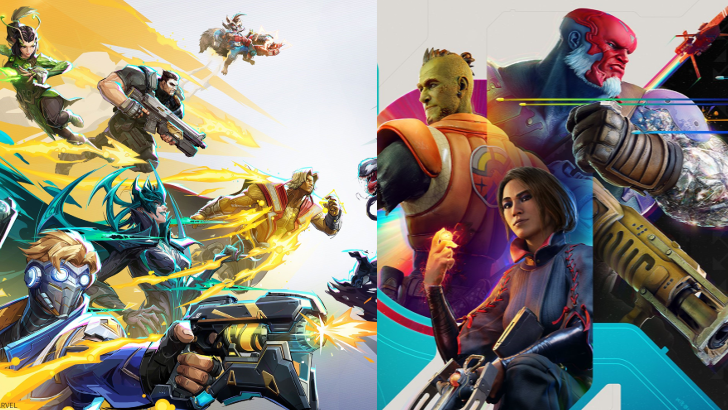
Marvel Rivals has significantly outperformed Sony and Firewalk Studios’ Concord in terms of player engagement, showcasing a remarkable disparity in their beta testing phases.
Marvel Rivals’ 50,000 Players to Concord’s 2,000
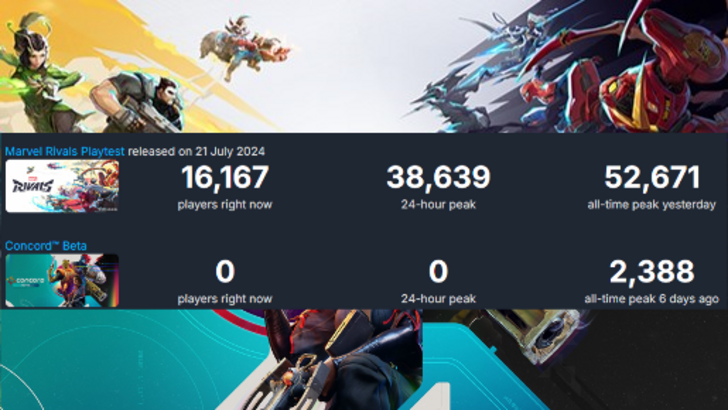
Within just two days of its beta launch, NetEase Games’ Marvel Rivals has surpassed Concord’s peak player count by an impressive margin, reaching over 50,000 players. In contrast, Concord’s peak was a modest 2,388 concurrent players. As of July 25, Marvel Rivals hit a peak of 52,671 concurrent players on Steam alone.
It's important to note that these figures do not include PlayStation players, which likely contribute a significant portion of the player base. The stark difference in beta performance has raised concerns about Concord’s prospects, especially with its official release scheduled for August 23.
Marvel Rivals Thrives, While Concord Struggles to Gain Traction
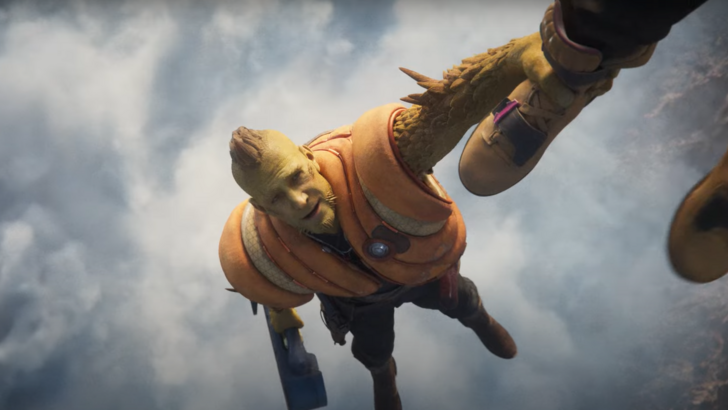
Despite multiple beta phases, Concord has struggled to make an impact, ranking well below many indie titles on Steam's most-wishlisted chart. Wishlists are a key indicator of a game's anticipated demand, and Concord's low ranking suggests a lukewarm reception to its beta tests. Meanwhile, Marvel Rivals comfortably holds a top 14 position alongside notable titles like Dune: Awakening and Sid Meier's Civilization VII.
Concord's challenges are compounded by its pricing model. Players needed to pre-order the game for $40 to participate in its Early Access beta, while PS Plus members could try it for free with a subscription. Even after opening the beta to all players a week later, the peak player count only increased by about a thousand.
In contrast, Marvel Rivals offers a free-to-play model from the start. Access to its closed beta is straightforward, requiring only a "Request Access" action on the game’s Steam page.
The live-service hero shooter genre is already crowded, and Concord's high entry cost may drive players to seek more accessible alternatives.
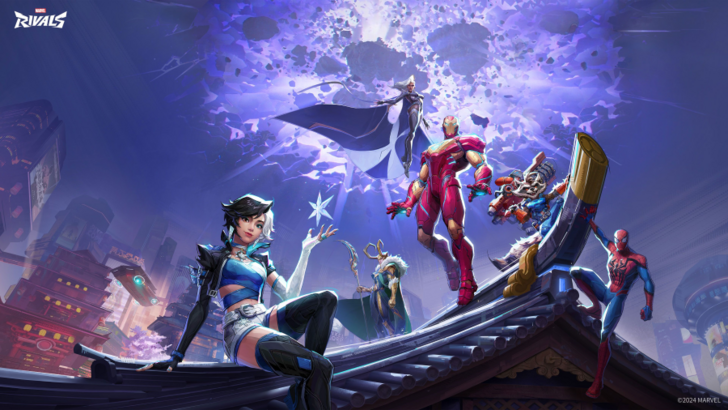
Some gamers express skepticism about Concord's ability to differentiate itself in a saturated market. Unlike Marvel Rivals, which benefits from a well-known IP, Concord struggles to establish a unique identity. Its "Overwatch meets Guardians of the Galaxy" aesthetic, while initially eye-catching, has been criticized for lacking the charm of its inspirations.
However, the success of other live-service shooters like Apex Legends and Valorant shows that a familiar brand isn't always necessary for building a strong player base. Conversely, as demonstrated by Suicide Squad: Kill the Justice League's peak of 13,459 players, even a strong IP is no guarantee of success.
While comparing Concord directly to Marvel Rivals may seem unfair due to the latter's established IP, both games compete in the same hero shooter market, highlighting the challenges Concord faces.



